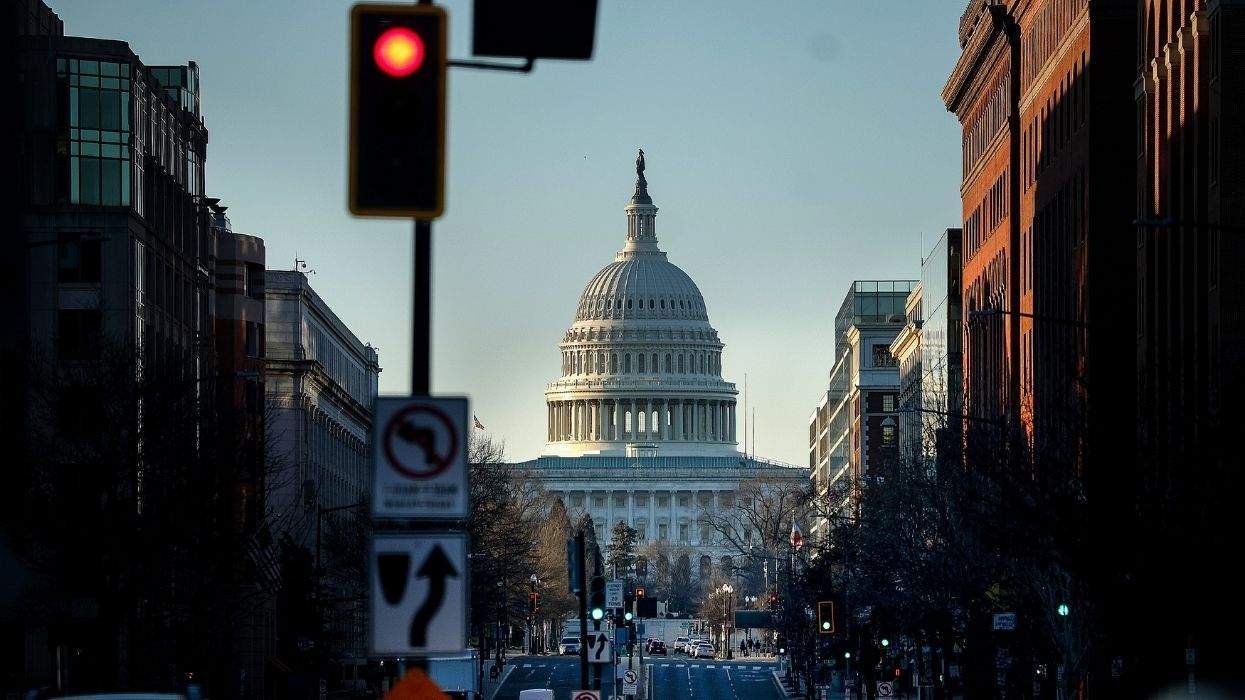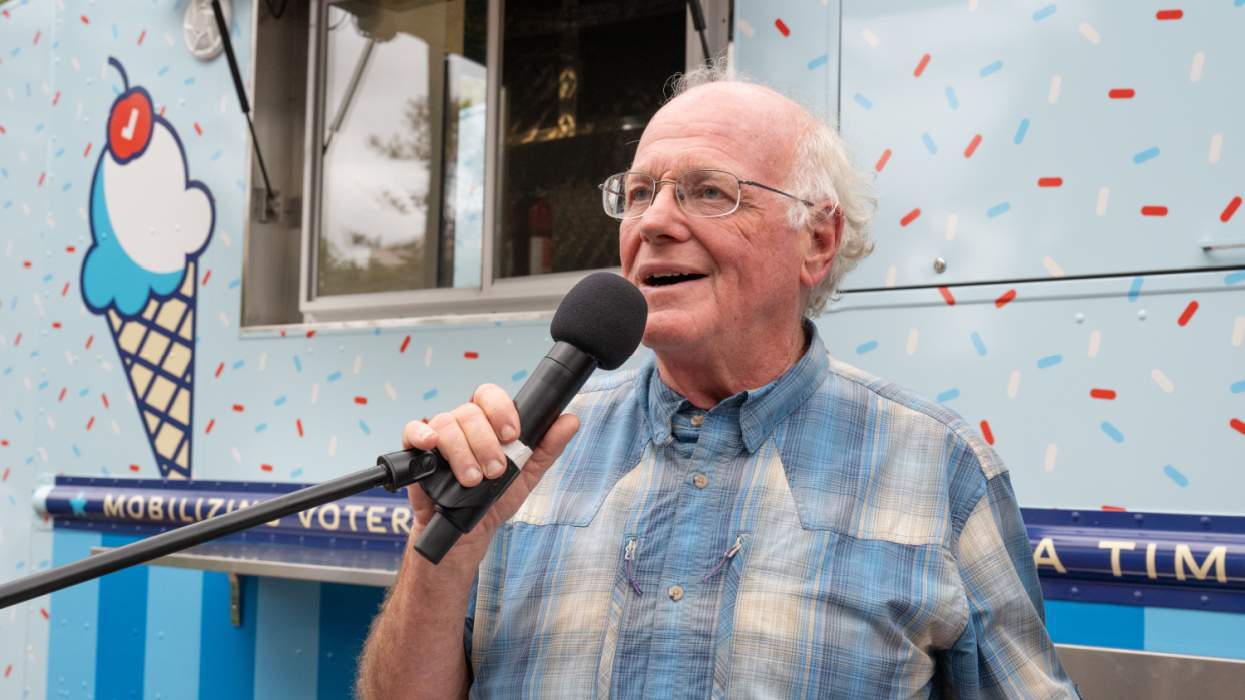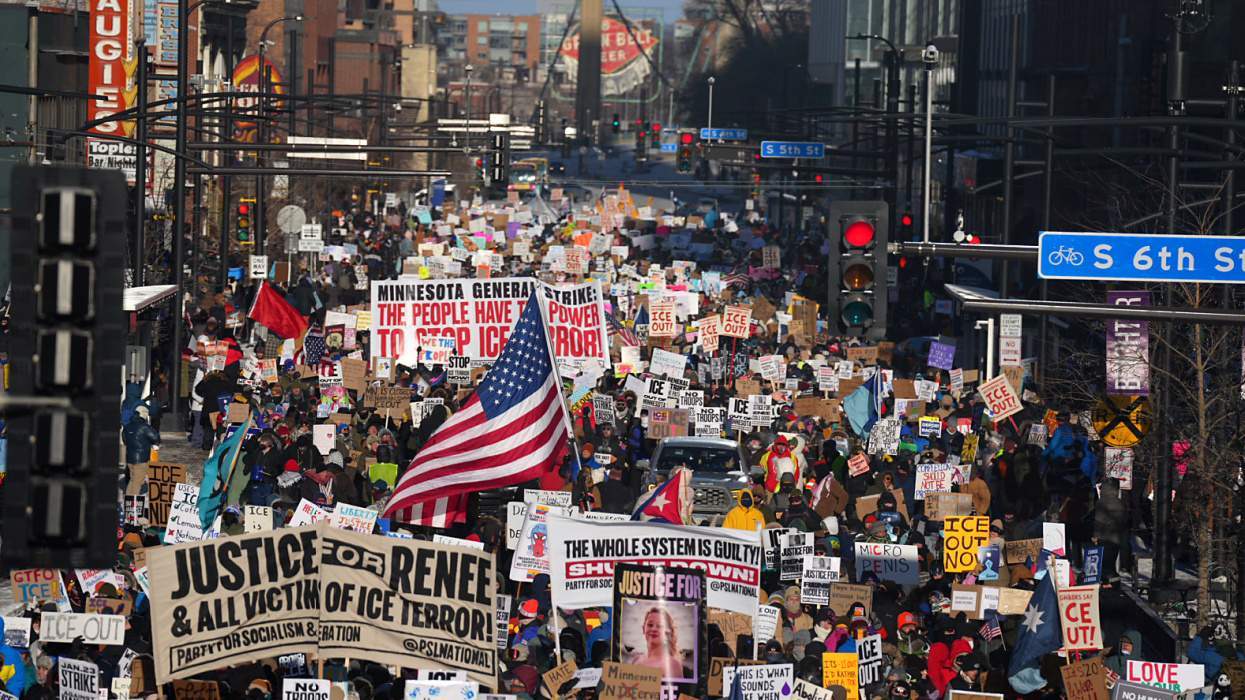Servers across America are ignoring regular sexual harassment from customers because they don't want to risk losing tips, according to a new report from The New York Times.
The newspaper interviewed over 60 servers and bartenders around the nation, who make from $8 to $40 an hour. Although the need for service workers to please customers is not surprising, the level of misconduct documented in the piece is alarming. Cases include a burger restaurant waitress whose customer wouldn't tip her unless she gave him her phone number and a server in Oregon whose customer who beckoned for her to sit in his lap, declaring, "I'm a great tipper."
Three million workers are servers, and many of them face exploitation because their income is dependent on tips, which creates a power imbalance often leveraged for sexual harassment. Dana Angelo, a cocktail waitress, felt she couldn't speak out when a patron reached under her skirt and grabbed her crotch. "I don't want to do anything that makes these people leave and not tip me," she told the Times. "I'm looking at $200 in tips." She told her manager, who she later saw shaking the man's hand. "Do I think if tips didn't exist people might behave a little bit better? I think so. Because they don't have control."
Eventually Angelo received help from her union delegate and was able to notify upper management and get an apology, but most in the industry have no human resources department to go to, if they are not too reluctant to report.
Women are not the only victims of a tipping culture. "I can only imagine it's worse for women, but it happens to me on a weekly basis," Tyler Jakes, a server in New York, told the Times, "The other night, some gentlemen drank a little bit too much, and then they were saying things about me, like that I'm delicious. You have women leaving their numbers or playing coy."
But women are overwhelmingly the victims of harassment in this industry; acording to the Bureau of Labor Statistics, Seventy percent of servers are female, and nearly 50 percent are under 25.
Managers can switch servers' tables or ask offending customers to leave, but in most cases the behavior is difficult to police. Some feel they need the tips more than the security of a sexual harssament-free environment, like Klaycey Oakes, who had a regular customer grab her thighs and follow her to a bathroom. Her manager, found out about the misconduct from her grandmother. When she restaurant's owner, Kaycee Lowe Wallace, asked why Oakes didn't report the incidents, "She was like, 'Well, he leaves me $20 every time,'" Wallace said.
As the national conversation around harassment takes down politicians, producers, and actors, it may have its roots in resturants. "I've had Hollywood actresses, senators, IBM executives, lawyers tell me, 'I have been sexually harassed later in my career, but I didn't do anything about it because it was never as bad as it was when I was a young woman working in restaurants,'" explained Saru Jayaraman, the president of Restaurant Opportunities Centers United, which advocates for servers.
"My perception of sexual harassment in the workplace is probably skewed because it's so prevalent in the restaurant industry that you get used to it. It's just part of the job," said Ashley Maina-Lowe, a server in Tucson, "It can be as little as someone grabbing you by the arm or touching you on the butt. I've had it as serious as people grabbing me and shoving their tongue down my throat."















